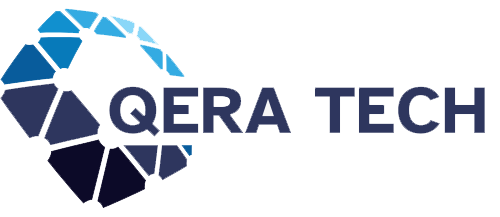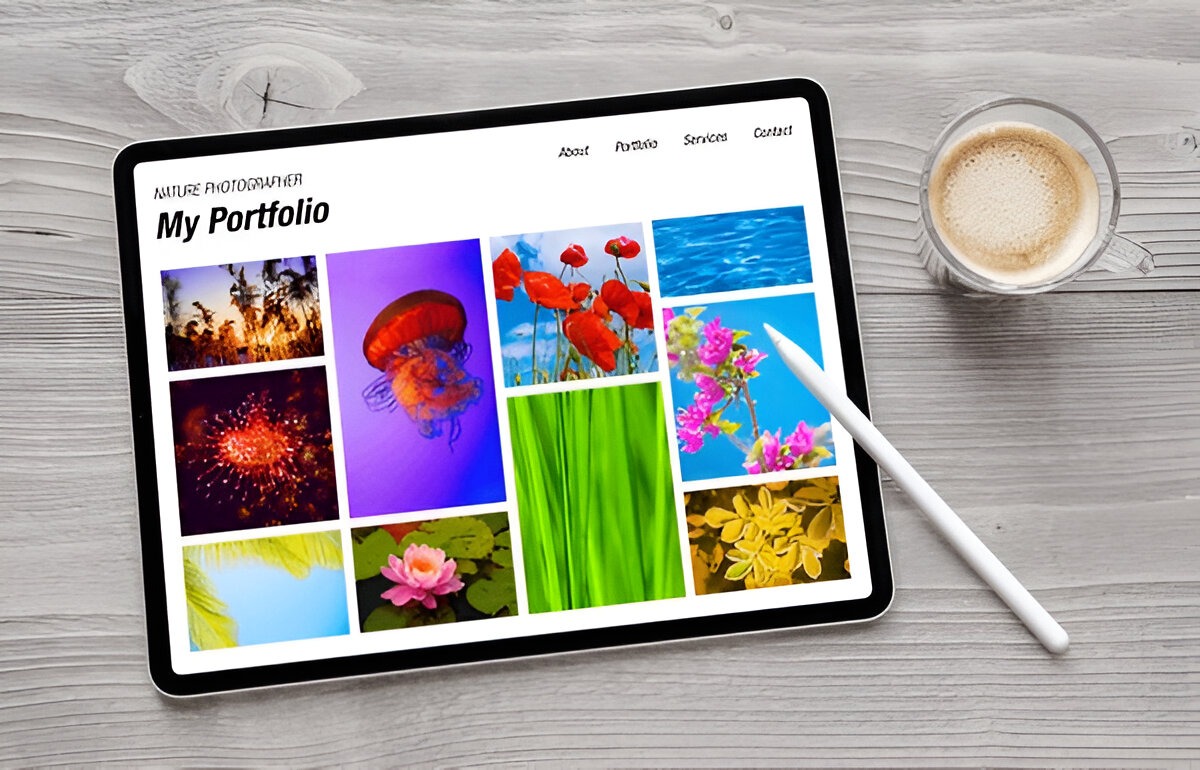Need to exhibit your work online, don’t want to get your hands dirty with code, and don’t have a dime to spend? You’re in the right place. In 2025, you don’t need a web design degree or any knowledge of coding to create a free no-code portfolio website.
Whether you’re a designer, a developer, a writer, a photographer, or an artist, your online portfolio is your digital handshake. It announces to the world: “This is who I am, and what I can do.”
In this guide, we’ll walk you through how to make your professional portfolio website—fast, free, and code-free.
The Problem: Why Building a Portfolio Used to Be Hard
In the past, building a personal website meant learning HTML, CSS, JavaScript, buying a domain, and paying for hosting. It was:
-
Time-consuming
-
Technically complex
-
Expensive for beginners
Freelancers, students, and job-seekers often gave up halfway due to complexity or cost. But no-code tools have changed the game.
The Solution: No-Code Tools That Make It Effortless
No-code platforms allow you to build stunning websites by dragging and dropping elements, customizing templates, and publishing—all without coding. And many of these platforms offer completely free plans.
Here are the top benefits:
-
No programming skills needed
-
Professionally designed templates
-
Mobile-friendly automatically
-
Free forever options
-
Fast setup (in under an hour)
Best Free No-Code Platforms for Portfolio Websites
Let’s compare some of the most trusted free no-code portfolio website builders in 2025:
| Platform | Free Plan Available | Drag & Drop | Custom Domain Support | Best For |
|---|---|---|---|---|
| Wix | ✅ Yes | ✅ Yes | ❌ (Paid) | Creative professionals |
| Carrd | ✅ Yes | ❌ Minimal | ✅ With paid tier | Minimal, single-page sites |
| Notion | ✅ Yes | ❌ (Docs-style) | ✅ With custom domain tools | Writers & students |
| Framer | ✅ Yes | ✅ Yes | ✅ With paid plan | Designers & UI/UX experts |
| Dorik | ✅ Yes | ✅ Yes | ✅ With free plan (limited) | Freelancers & creators |
| Webflow | ✅ Yes | ✅ Yes | ❌ (Free subdomain only) | Designers with animation needs |
| Google Sites | ✅ Yes | ❌ Basic | ✅ With Google Domain | Students, internal portfolios |
Pro Tip: Combine Notion + Super.so for a powerful, fast-loading custom domain portfolio.
Step-by-Step Guide to Build a Free No-Code Portfolio Website
Let’s walk through the process using Wix as an example (you can follow similar steps with other platforms too).
Step 1: Plan Your Portfolio Content
Before you jump into building, decide what to include. Here are must-have pages:
-
Home – Brief intro with a catchy headline
-
About Me – Your story, mission, and background
-
Work / Projects – Showcase of 3–6 best works with images
-
Skills / Services – Tools you use or services you offer
-
Contact – Email, LinkedIn, or contact form
Optional: Blog, Resume, Testimonials, or Case Studies
Step 2: Choose Your No-Code Platform
Choose a platform based on your needs:
-
Visual appeal → Use Wix or Framer
-
Minimalist and fast → Go with Carrd
-
Content-first approach → Try Notion
-
Beginner-proof → Use Google Sites or Dorik
Sign up with your Google account for faster access.
Step 3: Pick a Template
Most platforms offer templates by profession, like:
-
Photographer Portfolio
-
Graphic Designer Portfolio
-
Developer Showcase
-
Copywriter Profile
Choose a template that reflects your style, but don’t overthink it—you can always customize later.
Step 4: Customize Your Website
Here’s where the fun begins:
-
Change text and fonts
-
Upload your own photos or use royalty-free sites (like Unsplash, Pexels)
-
Add animations or interactions (Framer/Webflow)
-
Include CTAs (e.g., “Hire Me” or “Download Resume”)
-
Optimize for mobile (check responsiveness!)
Real-Life Example:
Jane, a freelance UX designer, used Framer’s free plan to build a fast-loading portfolio with smooth scroll effects—all in a weekend.
Step 5: Publish Your Website (for Free)
Each tool gives you a free domain like:
-
yourname.wixsite.com -
yourname.notion.site -
yourname.carrd.co
You can use this until you’re ready to upgrade to a custom domain.
Pro Tip: Use Linktree or your Instagram bio to drive traffic to your site!
Tips to Make Your Free No-Code Portfolio Stand Out
-
Keep it focused – Don’t overload with 20 projects. Pick 3–6 of your best.
-
Write short, clear descriptions – What problem did you solve? What tools did you use?
-
Use a consistent color palette – Tools like coolors.co can help.
-
Use real testimonials – From clients, teachers, or colleagues.
-
Update regularly – Add new projects or skills quarterly.
Common Questions (FAQs)
Can I really build a professional website for free?
Yes! Platforms like Notion, Carrd, and Wix have free versions good enough to launch and share your portfolio.
Do I need to buy a domain?
Not at first. Use the free subdomain while you test your portfolio. Later, buy a domain (~$10–$15/year) for better branding and SEO.
Will my no-code portfolio look amateur?
Not if you use modern templates and follow best practices. Many top designers and developers use Carrd or Notion portfolios!
Case Study: A Writer’s Free No-Code Portfolio Journey
Amira, a content writer, used Notion to create a clean portfolio in under 2 hours. She added:
-
Her bio
-
5 writing samples (as PDFs)
-
A contact form using Tally.so
Within a week, she landed a freelance gig. Her site? Still hosted on a free Notion link.
Bonus: Top Free Tools to Enhance Your Portfolio
| Tool | Purpose | URL |
|---|---|---|
| Canva | Design visuals & banners | canva.com |
| Unsplash | Free stock photos | unsplash.com |
| Tally | Free contact forms | tally.so |
| Google Fonts | Beautiful fonts | fonts.google.com |
| Super.so + Notion | Turn Notion into website | super.so |
| Coolors | Color palette generator | coolors.co |
Visual Tip: Add a section with project thumbnails. Keep layout clean, use white space, and use headings wisely.
Conclusion: You’re Just One Hour Away from Going Live
You don’t need to wait months or spend hundreds of dollars to build your portfolio. With today’s free no-code tools, you can go from “I have nothing online” to “check out my portfolio” in a single afternoon.
So start today. Pick a platform. Choose a template. Tell your story.

